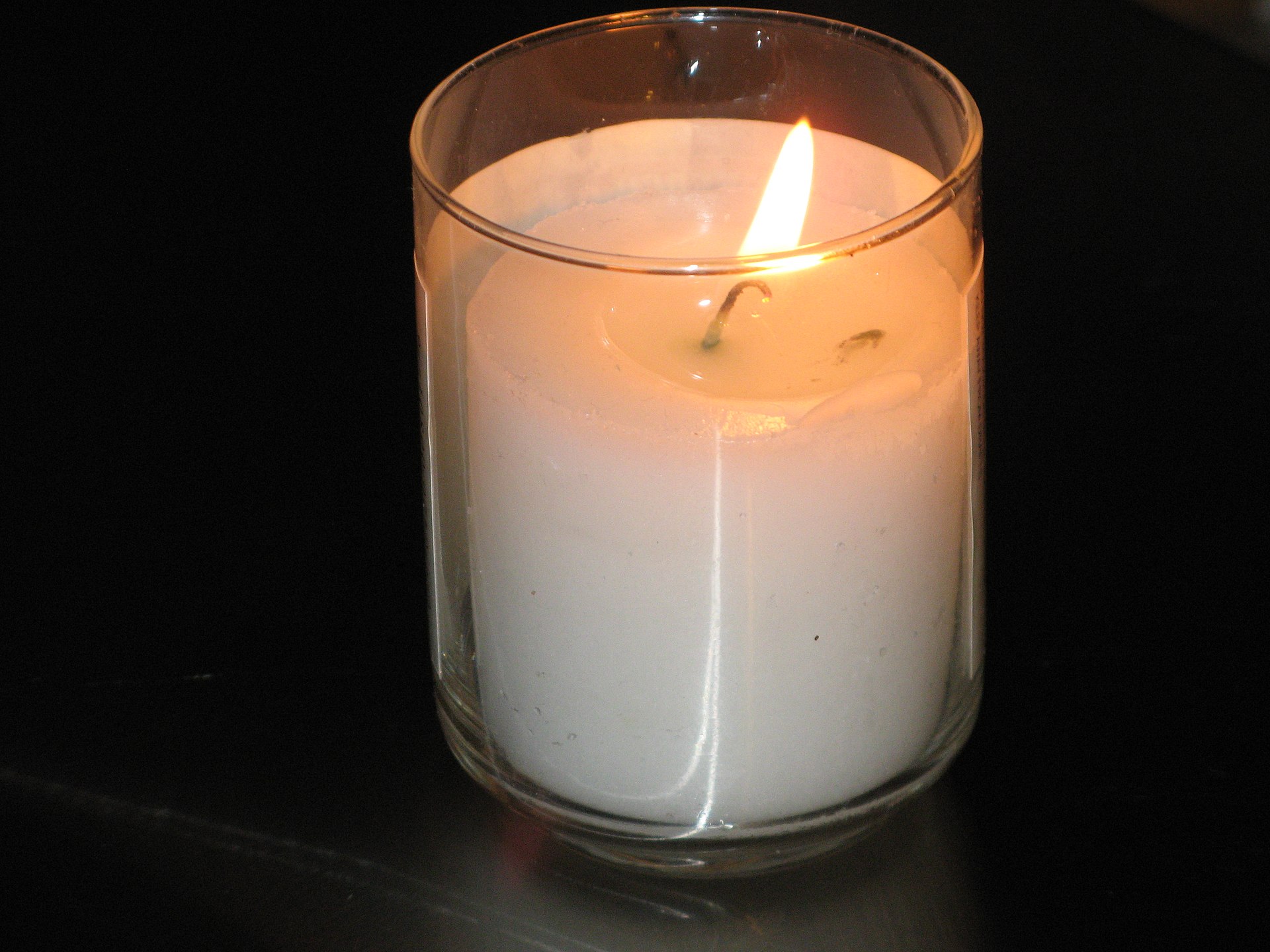By Rabbi Yair Hoffman
written l’zaicher nishmas Rochel Bas R’ Moshe Zelig Schreiber a”h – mother of my good friend, Rabbi Nosson Schreiber.
Often, a person suffers a loss of a family member, rachmana litzlan, and is not in the frame of mind to recall the pertinent halachos that apply to him. The period of time from the passing of the deceased until burial is generally known as “aninus.” The mourner is called an “Onain.” [SA YD 341:1]
What follows are some of the halachos that apply to an Onain. We look forward to the day that Hashem will remove death from the world.
- An Onain neither eats meat, drinks wine, or sits at an established meal.[SA YD 341:1]
- An Onain must abstain from bathing, showering, joy, greeting others, work, marital intimacy, haircuts, and shaving [SA YD 341:5]
- An Onain recites no blessings, neither before nor after food or drink. Nor does he respond with an “Amain” to another’s blessing.
- Likewise, he may not fulfill a positive Mitzvah in the Torah, nor a Rabbinic Mitzvah.
- He does observe the Lo Saasehs, the prohibitions in the Torah, as well as the Rabbinic prohibitions [See Pischei Teshuvah 4:7]. Therefore, the Onain must wash netilas yadayim before he or she eats bread. The washing and the consumption of the bread have no bracha. [See Mishna Brurah 71:4]
- If an Onain went ahead and did recite a blessing – either on purpose or by accident, Rav Shlomo Zalman Auerbach ruled that others do not recite an “Amain.” [ See Minchas Shlomo Vol. I #91:25:5]
- An Onain may not study Torah nor receive an Aliyah [MB 548:21
- An Onain does not join a minyan [MB 55:24]. He may recite the Kaddish.
- An Onain may recite Tehillim next to the deceased for purposes of Shmirah – guarding. [Tzitz Eliezer Vol. V Ramat Rochel #46]
- An Onain may wear his talis kotton [ See Minchas Shlomo Vol. I #91:25:3]
- An Onain does not have to remove his shoes before the burial. He may also leave his house [SA YD 341:5]
- Most Poskim hold that if the Onain is not in the same city as the deceased, he is still considered an Onain.
- Some blessings are for protection and many Poskim say that an Onain should recite them. Krias Shma at night, the blessing of Hamapil, and Tefilas HaDerech should be recited, according to these Poskim. This is the view of RSZA [ See Minchas Shlomo Vol. I #91:25:9] Rav Ovadia Yoseph and others disagree, however [See Yalkut Yoseph Aveilus 3:17].
- An Onain should count Sefiras HaOmer without a Bracha. For Chanukah licht, his wife should light for him. If he is home alone and his wife is not present, he should light for Pirsumei Nisa without a bracha (MB 670:12).
- An Onain may give Tzedakah for the elevation of the Neshama of the deceased, even though it is a Mitzvah. [ See Minchas Shlomo Vol. I #91:25:4]
- The Machatzis HaShekel (552:7) states that an Onain may sit on a chair.
- On Shabbos before burial, the Onain may eat meat and drink wine. He does all of the public Mitzvos such as davening, etc. He may not engage in marital intimacy.
- A woman Onain should light Shabbos candles with a bracha.
- On Motzai Shabbos he does not recite havdallah until the burial. When he does do so, there is no bsamim nor a fire. Sefardim hold that the havdallah may be recited by the Onain after Plag Micnha but he may not do Malacha of course. [See Kaf HaChaim 71:13]
- Once the deceased has been handed over to the Chevra Kadisha, aninus stops and aveilus begins, unless some family members attend the burial or unless they eulogize. The Mishna Brurah, however does not make the first distinction of attending the burial.
- The Onain may not study Torah except for that which he needs to know. Most Poskim rule that he may not study Torah on Shabbos as well.
The author can be reached at [email protected]











